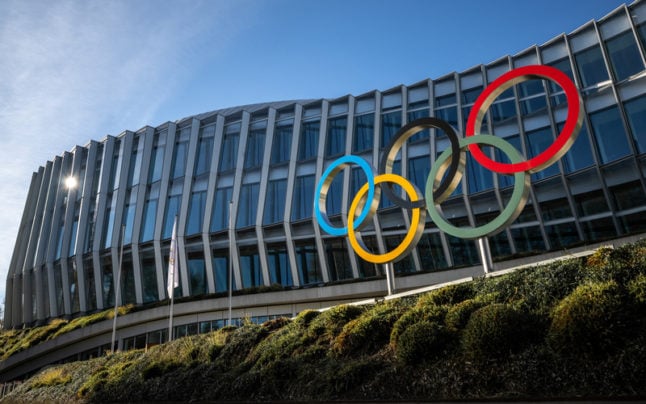Spain play England in the final of the 2023 Women’s World Cup at 12pm Italian time on Sunday, August 20th.
It’s a highly anticipated match as it’s the first time that either national side has reached the final stage of the Women’s World Cup.
This comes after England’s Lionesses beat Australia 3-1 in Wednesday’s semi-final, and La Roja inched past Sweden 2-1 in extra time in the other semi-final on Tuesday.
The last time the two teams met in an official competition, England beat Spain 2-1 in the quarter-finals of the 2022 Euros.
For those who want to watch the match in Switzerland it is available on German-language Swiss television channel SRF zwei, while the match is being live-streamed online on SRG SSR.
Alternatively, you can download the SRF Sport app to watch matches on the go.
What about bars?
You may just come across the odd local sports bar, such as the Sportsbar 1904 (Fifa Museum) in Zurich, that has been regularly broadcasting the games.
Other Zurich bars you can visit with like-minded enthusiasts are the Amboss Rampe, Das Gleis, Calvados Bar and the Kennedy’s Pub.
If you happen to be in Zurich for the finale on Sunday, then you can catch that at the Röschibachplatz in Wipkingen. There’s just one catch: you’ll have to bring your own chair.
Likewise, you can drop by some of Switzerland’s best Irish pubs in Basel, Bern, Geneva, Lausanne, and of course Zurich, and simply ask for a game to be shown, if it isn’t already. Most of the time staff will try and accommodate a request early in the day.
We’re pretty sure they will show the final, though. But double check before you rock up there.
Which matches are left?
On Saturday the third-place playoff match takes place between Sweden and Australia. Coverage starts at 10am (Swiss time).
The final between Spain and England starts at 12noon on Sunday.
May the best team win!


 Please whitelist us to continue reading.
Please whitelist us to continue reading.
Member comments